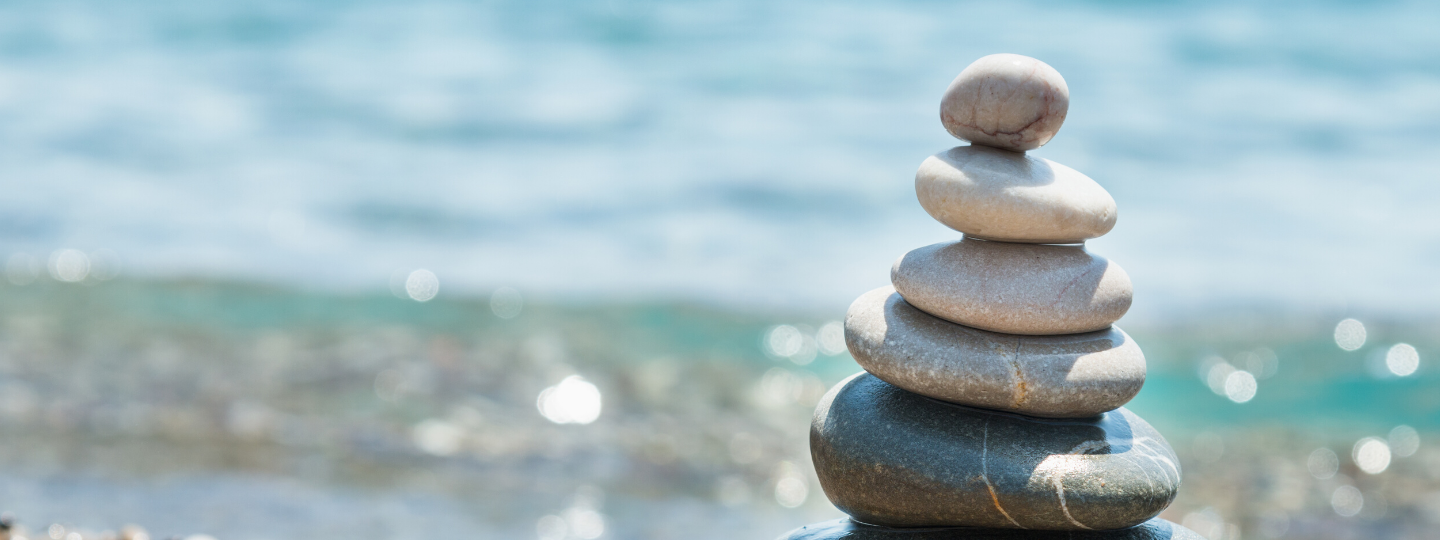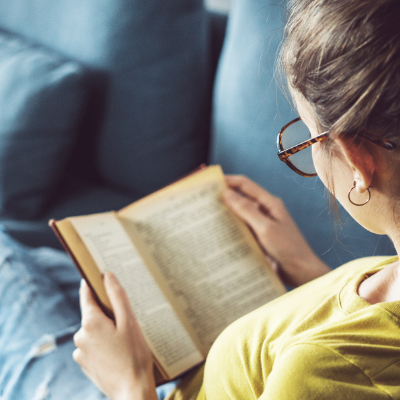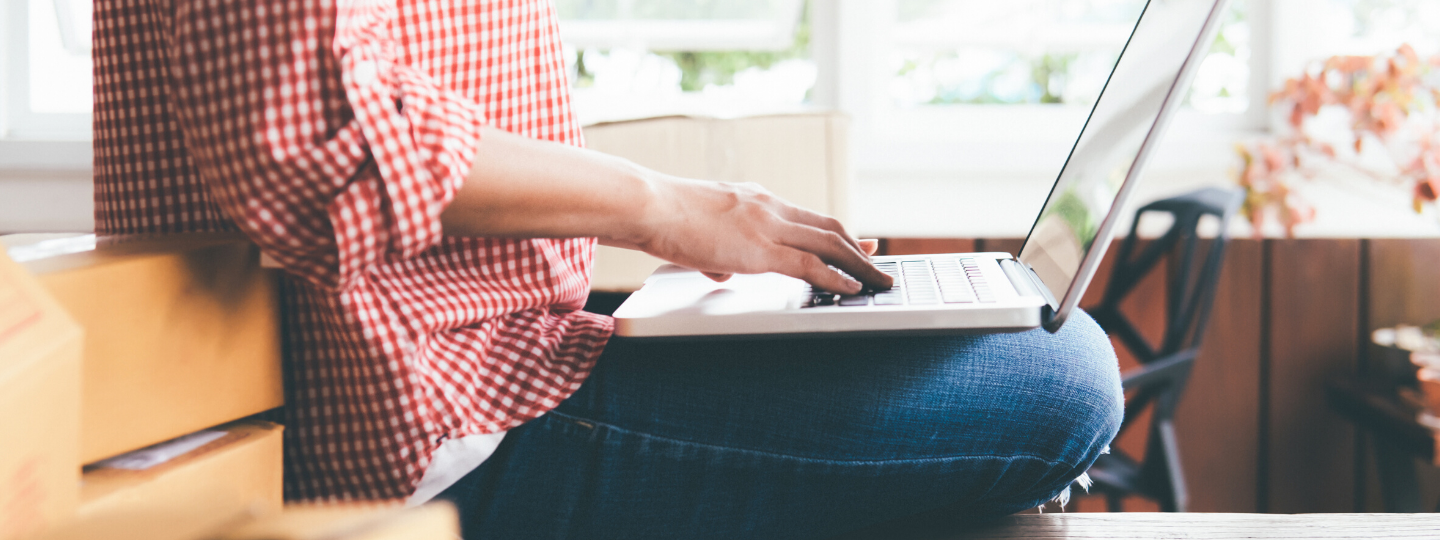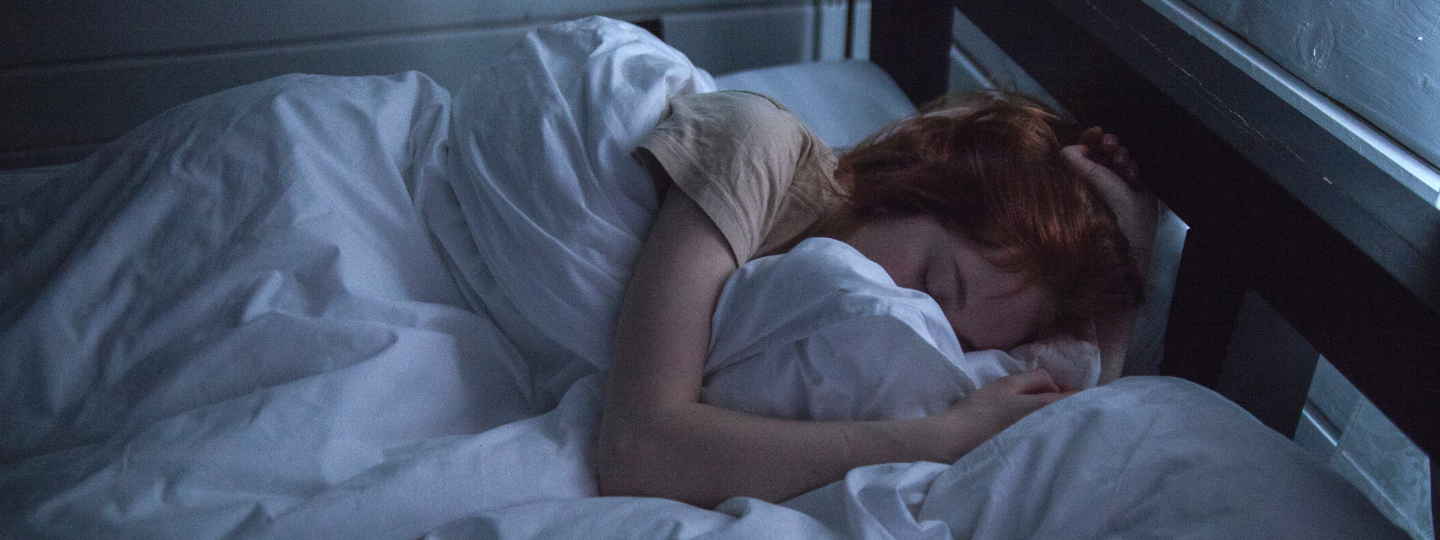Relaxation for mental health
Relaxation for mental health
Relaxation can positively impact our overall mental health and wellbeing. Learn about the benefits of relaxation.

How many times have you heard the words ‘just relax’. Sometimes it’s easier said than done.
It can also be quite annoying to have someone telling you to relax, when there seems to be a lot on and out of your control.
But often, life can be so busy we forget to take a break and step back. It’s not unusual to have several things on our mind all at once.
Things like exams, family, friends, finances, and the future can feel overwhelming. Feeling stressed or tense can be a signal to take a break and have some downtime. Relaxation is important for our mental health.
In this article, you will find:
What do we mean by relaxation?
We all have different needs and coping mechanisms. What is relaxing for one, may not be relaxing for another.
Some people find sitting down to read a book or watching Netflix relaxing. Others prefer to be active, like going for a walk, playing sport or doing yoga.
More formal practices such as meditation may come to mind too. Relaxation simply involves taking a break from everyday demands.
Benefits of relaxation
Relaxation can positively impact our mental health and well being. It can:
- Help relieve some of the uncomfortable feelings associated with stress and anxiety
- Enable us to feel calmer and better equipped to manage everyday tasks
- Allow us to think clearly
- Improve our concentration and memory
- Help us make better choices and decisions
- Help process our emotions and focus on what matters.
When to practice relaxation
If we notice signs of anxiety or stress, this can be a signal it’s time to take some time out. However, we don’t have to wait until these feelings arise. Relaxation is something we can incorporate into our daily routine to support our mental health and well-being.
Schedule time throughout the day to unwind. This can be one big break or a few small breaks. Use this relaxation time to do whatever helps you feel calm and satisfied.
Relaxation doesn’t have to be long. It can simply be taking a five minute break away from whatever it is you are doing.
Relaxing activities
These are some of the simple things we can find joy in:
- Take time to read a book or magazine
- Have a nice warm bubble bath
- Cook a meal or do some baking
- Play with your pet if you have one
- Have a cup of herbal tea
- Listen to some music, dance or sing along.

Samantha’s story: Relaxation in everyday routine
Samantha, 24, a Jigsaw volunteer from Cork reflects on how she incorporates relaxation into her everyday routine.
Relaxation practices
Controlled breathing is a simple yet powerful way to relax. Take a deep breath in through your nose, hold it and breathe out through your mouth.
Controlled breathing helps reduce physical tension that can build up as a result of stress. We have included a short animated video below to illustrate this technique.
Visualisation is a relaxation technique which involves imagining a calming scene in your mind. Whether it’s lying on an isolated beach or standing at the top of a mountain. Focus on what you can see, hear, smell, touch, and taste in your mind.
Visualisation helps when our mind is overloaded with unhelpful thoughts.
Meditation helps us connect with the present moment, with ourselves, and how we are feeling. This in turn supports relaxation. There are now several online resources and apps available to help us engage in daily meditation.
Active relaxation such as yoga, pilates or some basic stretching can be beneficial for both mental and physical wellbeing.
Taking time out in nature can be therapeutic. Notice your surroundings and enjoy the sense of inner peace it can bring when we pay attention to the simple things.


